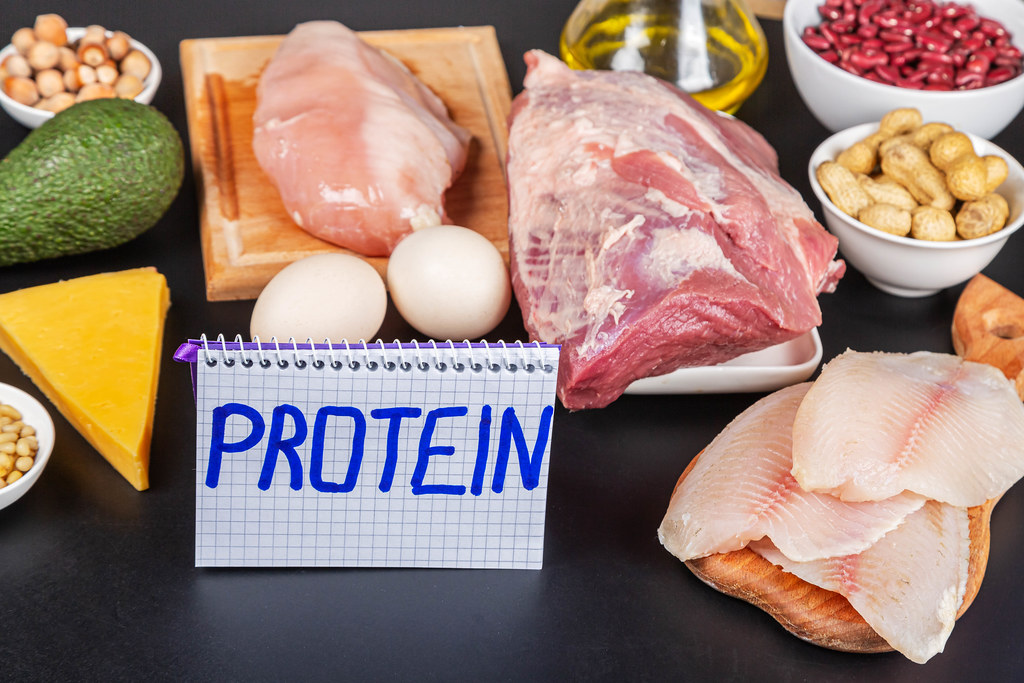Protein is one of the three major macronutrients(including carbohydrate and fat), in our diets. Macronutrients are the chemical compounds that humans consume the most, and which provide us with most of our energy. Proteins are made up of amino acids and are the most commonly found molecules in cells.

Protein is essential to building bones, and body tissues, such as muscles, but protein does much more than that. Protein helps in every process of a cell. It plays a part in metabolic reactions, protein provides a source of energy, assists in cellular repair, immune response, form blood cells, and more.
Other benefits of protein are :
- Helps in building block of bones, muscles, cartilage and skin
- Our body uses it to build and repair tissues
- It also helps in making enzymes that helps in digesting, and making new cells and body chemicals
- Proteins regulate body processes to maintain fluid balance in the body
- Proteins help in forming immunoglobulins, or antibodies, to fight various infection
- It contains four calories per gram, the same amount of energy that carbs provide. However, fats supply the most energy, at nine calories per gram
How much protein do we need normally in our diet?
As we have seen, protein is very important for our body to function properly. Lack of consumption of protein can lead to various health issues.
However, more isn’t necessarily better. While it can help build muscle, if you take in too much your body may store the excess as fat.
Following are daily amounts of protein for different age groups :
- Children under 4: 13 grams
- Children ages 4 to 8: 19 grams
- Children ages 9 to 13: 34 grams
- Women and girls ages 14 and over: 46 grams
- Boys ages 14 to 18: 52 grams
- Men ages 19 and over: 56 grams
In simple words we can say, everyone should consume at least 25% of their calories intake as protein. However, you must need more calories for activities like biking, lifting weights, or running, but still the percentage of protein remains in the same range.
What are the best sources of protein for daily consumption?
Some food sources of dietary protein include :
- Fish
- Meat
- Poultry
- Eggs
- Milk
- Cheese
- Yogurt
Plant-based sources of protein are :
- Nuts
- Seeds
- Legumes, like beans, peas
- Grains, like wheat, rice, or corn
What are side-effects of excessive protein?
A very high-protein diet can strain the kidneys and liver. It can also prompt excessive loss of the mineral calcium, which can increase your risk of osteoporosis(bones with holes).
So protein should be consumed only in a limit and should not be consumed excessively without advice of doctors.
Check last post :







1 Comment